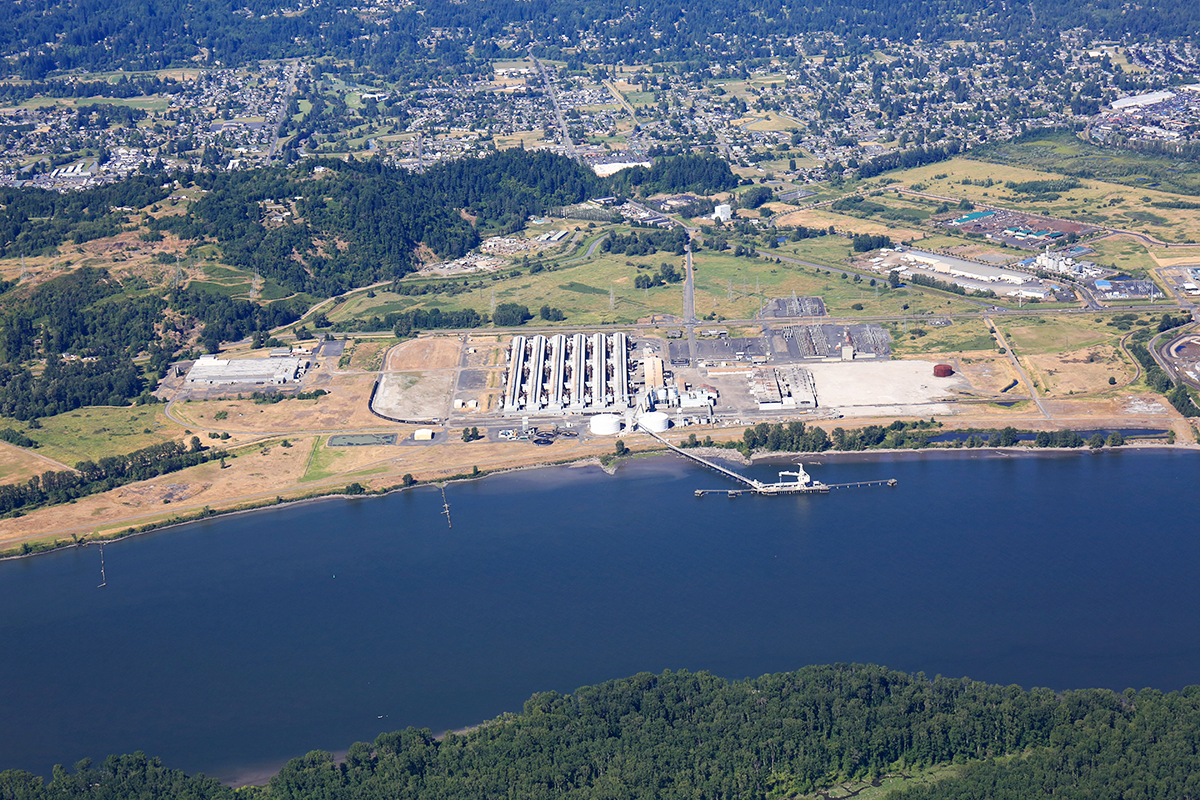LONGVIEW –
A $28 million cleanup of contamination left over from smelting operations at the former Reynolds Metals site will move forward after the Washington Department of Ecology finalized the plan and legal agreements to perform the work. Actual cleanup work at the site is expected to begin in late 2019 or early 2020, and to continue for two to three years.
Cleanup will include excavation, consolidation and capping contaminated soil on the site. Soil contaminated with petroleum will be removed and disposed of offsite. Barriers will be placed in key areas to reduce the potential for fluoride pollution to enter surface water. Contamination currently in groundwater beneath the site is expected to diminish naturally.
Restrictions will also be placed on the property deed to limit the use of shallow groundwater and ensure that soil caps, fences, and a monitoring system will remain in place.
“We’ve heard from so many people in Longview about how important this cleanup is to their community, both in terms of jobs and protecting the environment,” said James DeMay, manager of Ecology’s Industrial Section, which oversees the cleanup. “We’ve got a better project because of that input.”
Northwest Alloys, a subsidiary of Alcoa, owns the property. Millennium Bulk Terminals Longview is the current tenant, and proposed building a coal export terminal at the site.
For almost 60 years, from 1941 to 2000, Reynolds Metals operated an aluminum smelter and cable mill on the property. The smelter permanently closed in 2001. The former smelter operations left elevated levels of fluoride, cyanide and polycyclic aromatic hydrocarbons in soils on the site, and areas of fluoride in the groundwater.
Ecology held two rounds of public comment on the plan in 2016 and 2018. More than 2,400 comments were submitted during the most recent public period in September, 2018.
Department of Ecology News Release - January 24, 2019


